Optimal Timing for Waterproofing Applications
Waterproofing is a critical component in protecting structures from water intrusion, which can cause significant damage over time. Proper timing ensures the effectiveness and longevity of waterproofing systems, making it essential to choose the optimal period for application.
Spring offers mild temperatures and low humidity, ideal for waterproofing projects. It allows sufficient curing time before the heavier rains of summer.
Early summer provides dry conditions and warm weather, suitable for waterproofing without the risk of rain interference.
Late summer can be appropriate if weather forecasts predict dry spells, but caution is necessary due to potential heat and humidity.
Winter is generally unsuitable due to freezing temperatures and high moisture levels, which can compromise waterproofing materials.
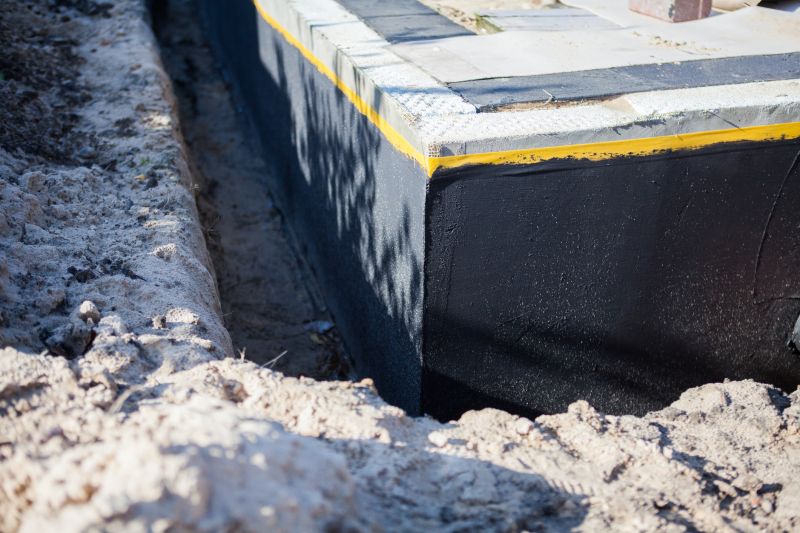
Ways to make Waterproofings work in tight or awkward layouts.
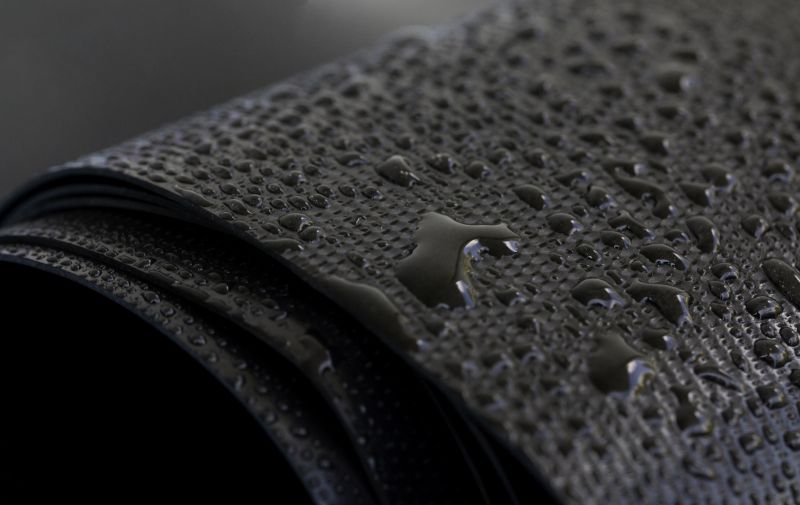
Popular materials for Waterproofings and why they hold up over time.
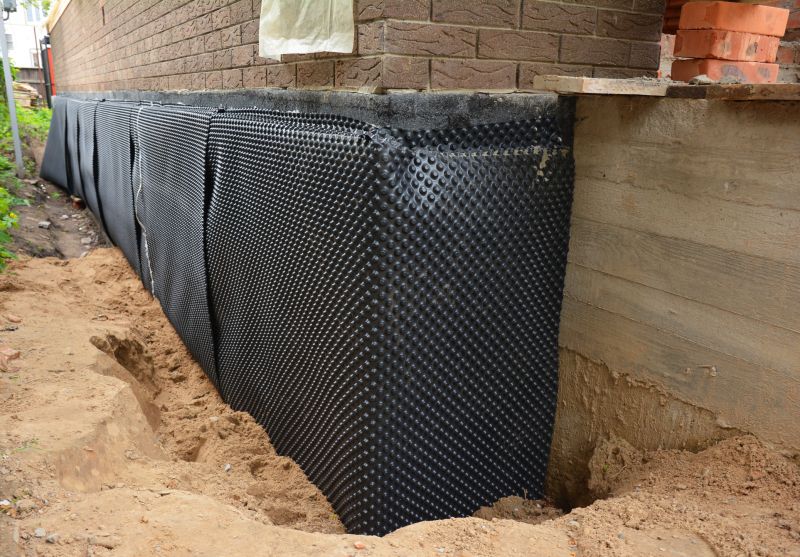
Simple add-ons that improve Waterproofings without blowing the budget.
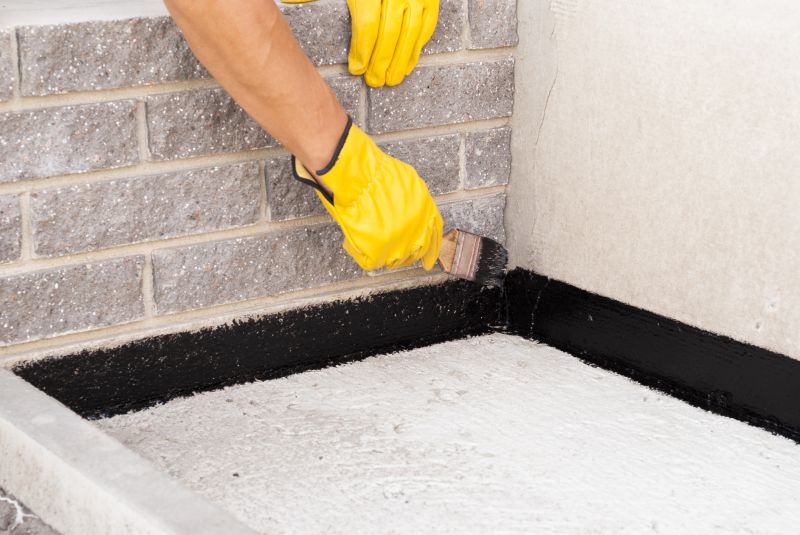
High-end options that actually feel worth it for Waterproofings.
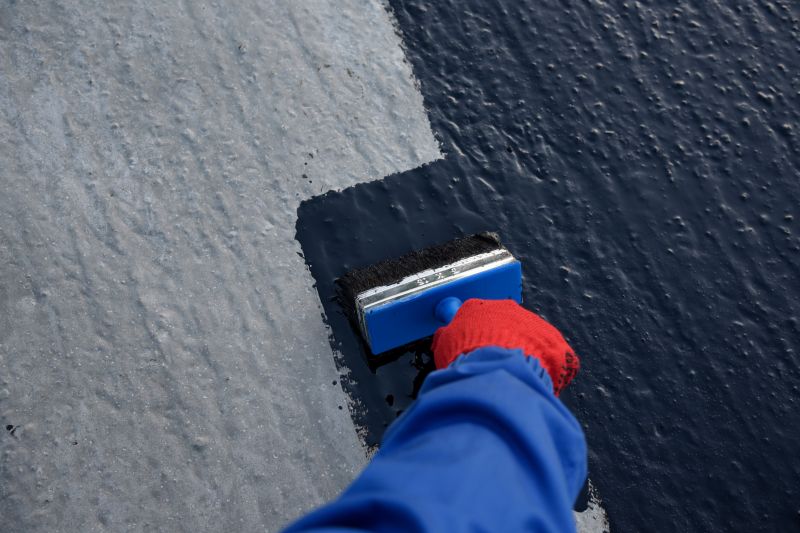
Finishes and colors that play nicely with Waterproofings.
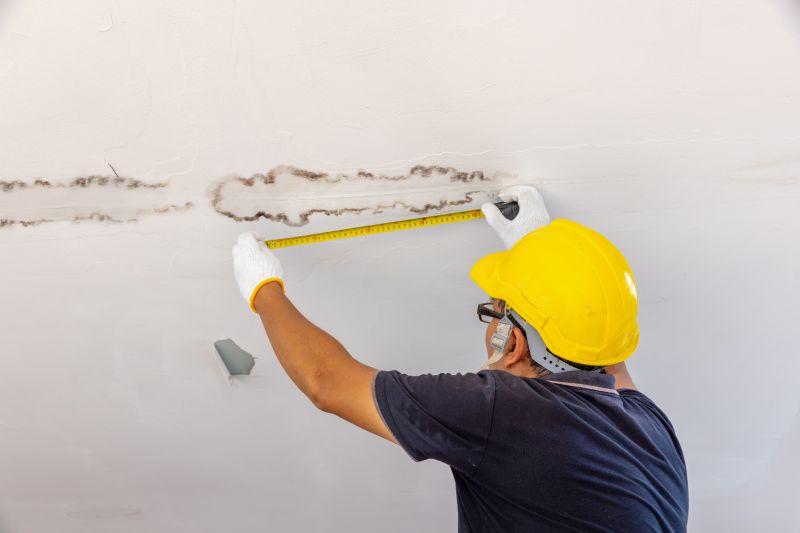
Little measurements that prevent headaches on Waterproofings day.
Waterproofings involve applying specialized materials to prevent water penetration in foundations, roofs, basements, and other vulnerable areas. The process enhances structural durability and reduces the risk of water-related damage. Effective waterproofing requires selecting the right materials and applying them under suitable weather conditions.
Statistics indicate that proper waterproofing can extend the lifespan of a structure by decades and significantly reduce maintenance costs. Properly timed applications ensure optimal adhesion and curing, preventing issues such as leaks, mold growth, and material deterioration.
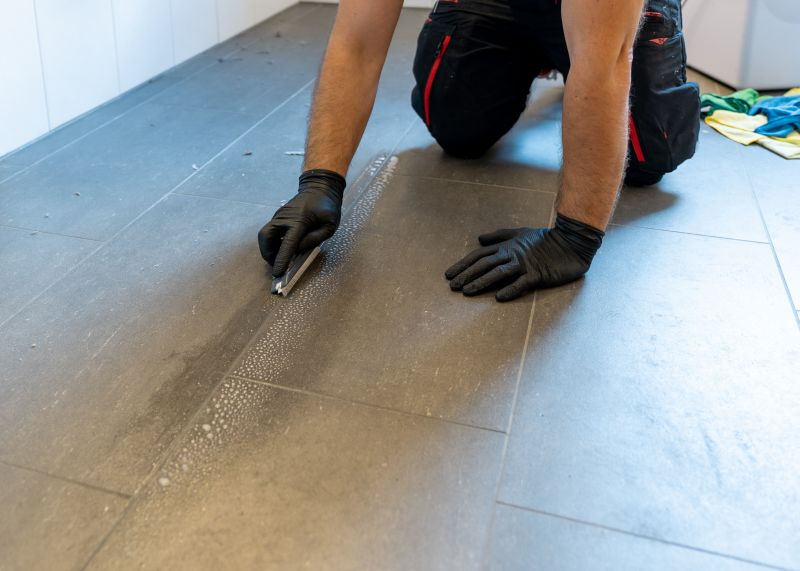
A 60-second routine that keeps Waterproofings looking new.
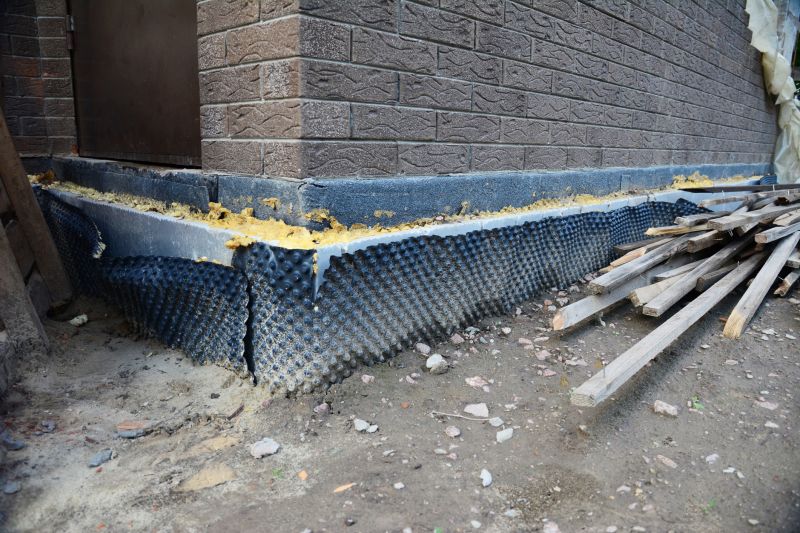
A frequent mistake in Waterproofings and how to dodge it.
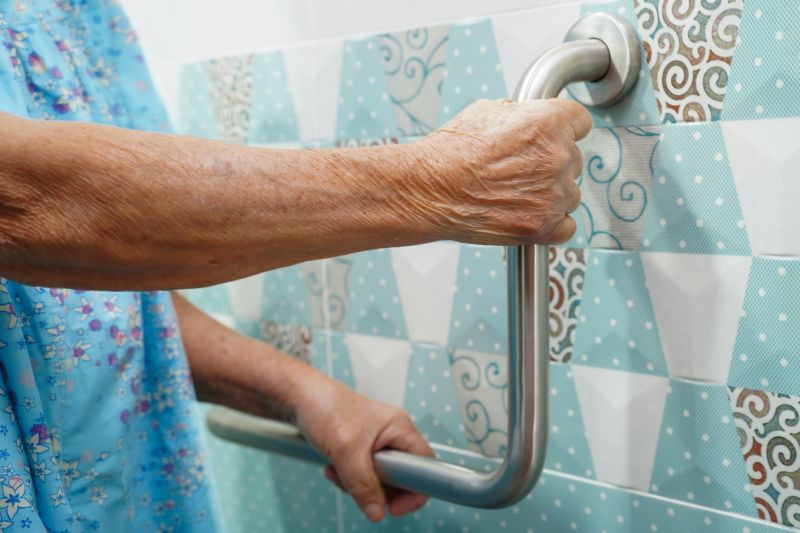
Small tweaks to make Waterproofings safer and easier to use.
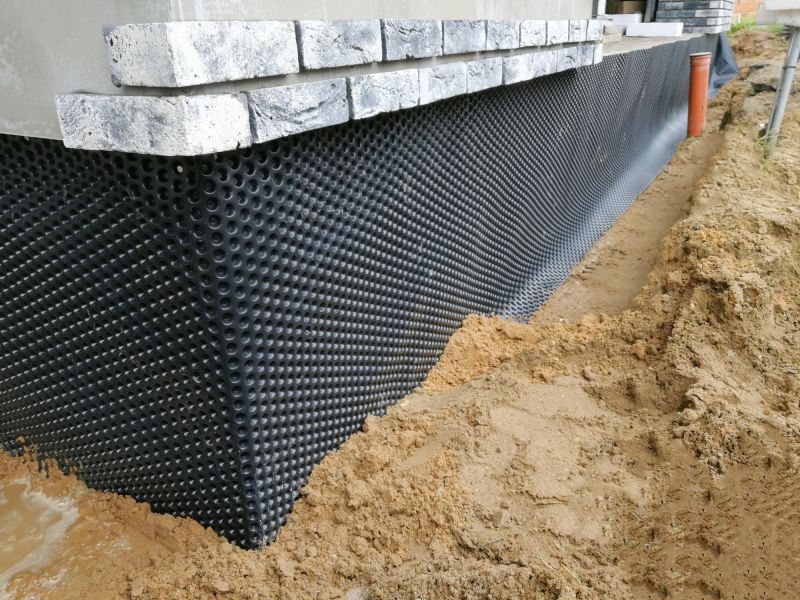
Lower-waste or water-saving choices for Waterproofings.
| Season | Optimal Conditions |
|---|---|
| Spring | Mild temperatures, low humidity, stable weather |
| Early Summer | Dry conditions, warm weather |
| Fall | Cooler temperatures, less rain |
| Late Summer | Potential dry spells, caution advised |
| Winter | Freezing temperatures, high moisture levels |
Choosing the right time for waterproofing depends on local climate conditions and the specific project requirements. Proper planning and timing can ensure the durability and effectiveness of waterproofing systems, preventing costly repairs and structural damage over time.
Individuals interested in waterproofing services are encouraged to contact for more information or to schedule an assessment. Proper timing and application are essential for long-lasting protection against water intrusion.


